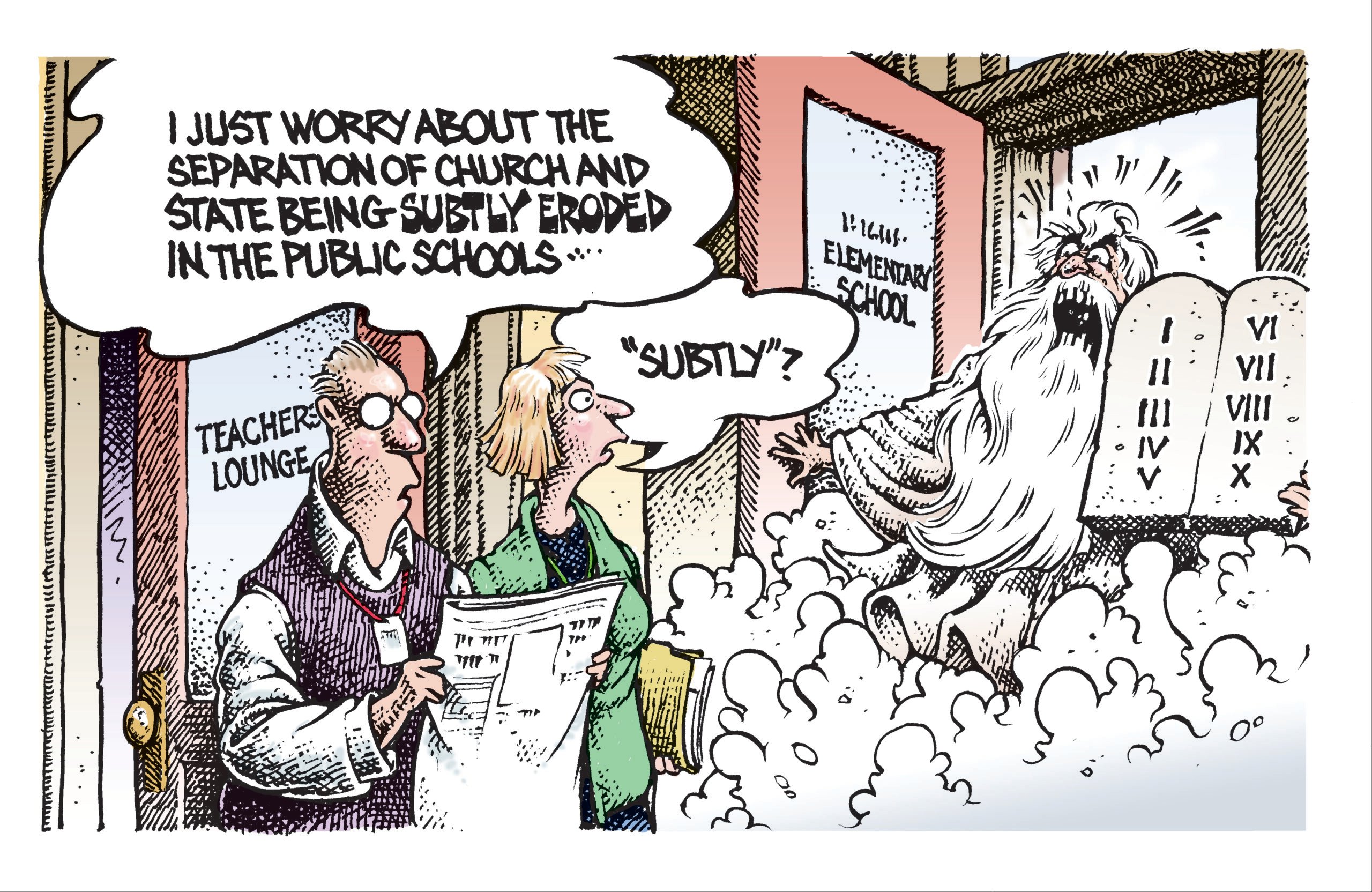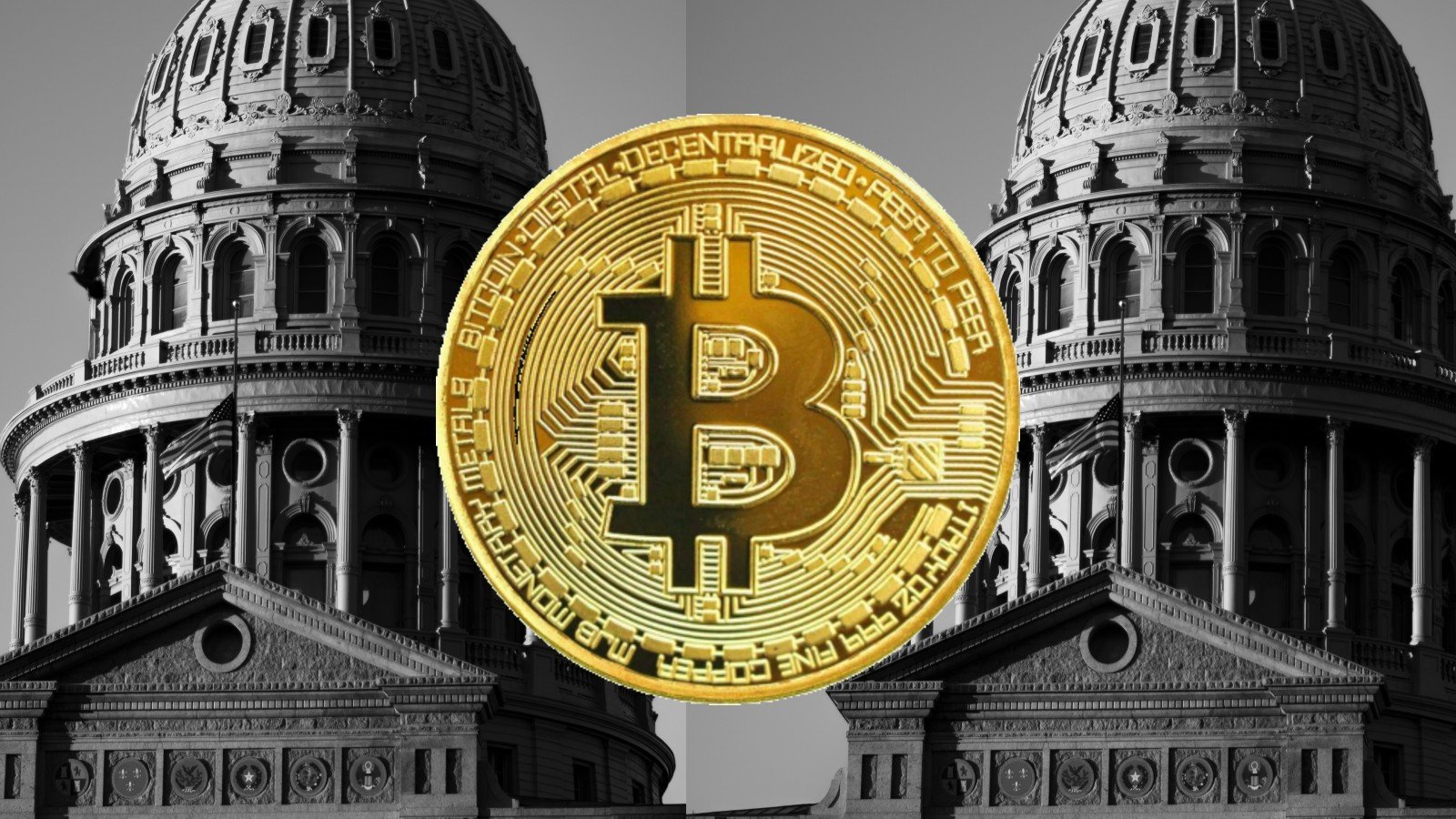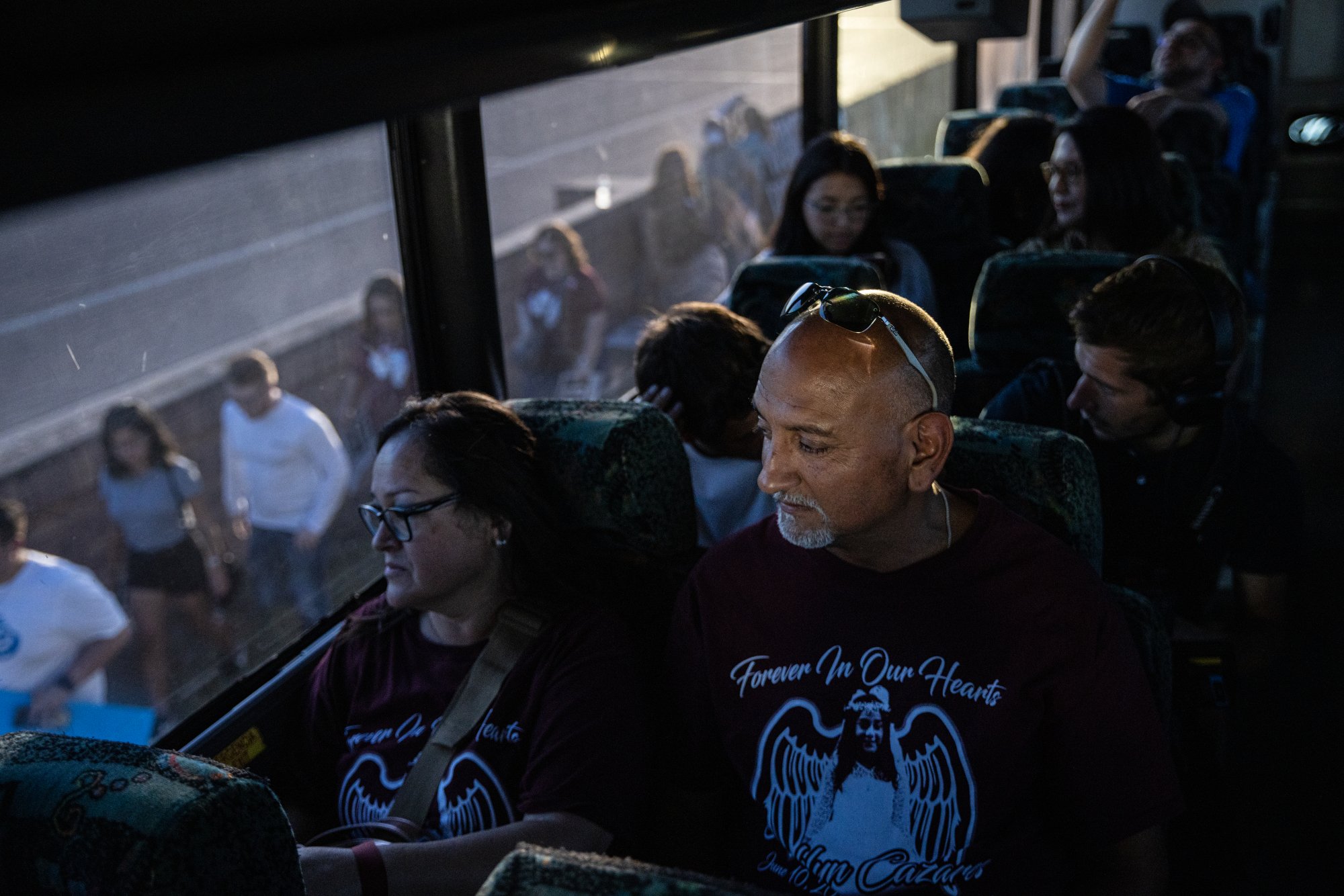The Big Brother Bill in the Senate
Or if you can read this bumper sticker it means your license plate reader is too close
Much of the horror show this session has been over the $27 billion budget crater and the havoc it’s wreaking on our schools, health care and just about every other corner of our lives. As if you didn’t have enough to worry about already, you might also want to tune into the Homeland Security omnibus bill filed in the Texas Senate.
Senate bill 9, authored by Republican Senator Tommy Williams is a doozy of a DPS wish list ranging from a license plate reader program to driver’s license checkpoints. It doesn’t take much to imagine what will happen if the so called “sanctuary city” immigration bill passes along with SB 9’s checkpoint provision. HB 12, the “sanctuary city” bill bars any law enforcement agency from preventing its officers from asking for citizenship status.
According to William’s bill, the checkpoints are to ensure that drivers have a license and insurance but the provision doesn’t prevent officers from asking about immigration status or whatever else they’d like to ask. El Paso’s former sheriff tried these checkpoints back in 2006 and drew harsh criticism of racial profiling and a few lawsuits. One of those lawsuits filed by El Paso resident David Lujan accused law enforcement officials of unlawful search and seizure. They stopped Lujan at a license checkpoint, started asking questions, patted him down and brought in a drug sniffing dog. Lo and behold Lujan had $1500 in cash in his jeans and a car door full of a “powdery white substance,” according to the cops at the scene.
The El Paso Court of Appeals overturned Lujan’s conviction on the grounds that the checkpoint violated his Fourth Amendment right against unreasonable search and seizure. Lujan’s case went all the way to the Texas Court of Criminal Appeals who reversed the El Paso court’s decision. The CCA ruled in January that it was okay to ask other questions as long as the checkpoint’s “primary purpose was for license and insurance verification.” Whether you agree with checkpoints or not, it’s safe to assume that the Court of Criminal Appeals recent decision gives DPS a blueprint to skirt the Constitution. So if checkpoints pass this session, the airport won’t be the only place you’ll be getting a pat down.
After your pat down, don’t expect that handsome law enforcement officer to take down your license plate number. They’ve already got it and soon they’ll have a database with all of the locations your license plate number has been spotted over the past few weeks. At least they will if the license plate reader program passes in SB 9. “So what’s the big deal about a license plate number you ask?” The implications for citizens’ privacy and civil liberties are extremely troubling, says my co-worker Forrest Wilder who wrote about this technology in an excellent post back in July: “Because people spend so much time in their cars, especially in car-dependent metropolises like Dallas-Fort Worth, investigators or homeland security officials can potentially glean very personal information from the license plate data. In the United Kingdom, authorities have access to a national database, which has been used to “mark” the cars of anti-war demonstrators.” Forrest will be writing more about this program in the coming days.
The ACLU is also watching SB 9 closely. Matt Simpson, a policy expert with the ACLU, says he’s especially concerned about a provision that allows someone to be convicted of a felony solely for discussing a crime with one or more people. That means you could be jailed for talking about a crime without ever having committed the crime. This applies to all kinds of offenses including arson, murder and prostitution. Simpson says the proposed change reminds him of the Tom Cruise sci-fi flick “Minority Report.” “You wouldn’t have to actually commit the crime you would just have to discuss committing it,” he says. “It’s starting down a very slippery slope.”
Since Senator Williams chairs the committee where his bill was referred it’s safe to assume SB 9 will get a hearing soon. Five other Republicans have also signed on as co-authors, including Senator Ogden, chair of Finance. Let’s hope that SB 9’s journey through the sausage-making process does more good than harm. Doing away with some of SB 9’s more worrisome provisions like checkpoints and creating some privacy standards for license plate readers would be a good start.


